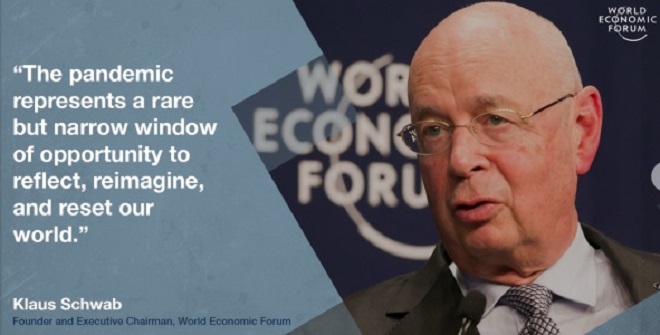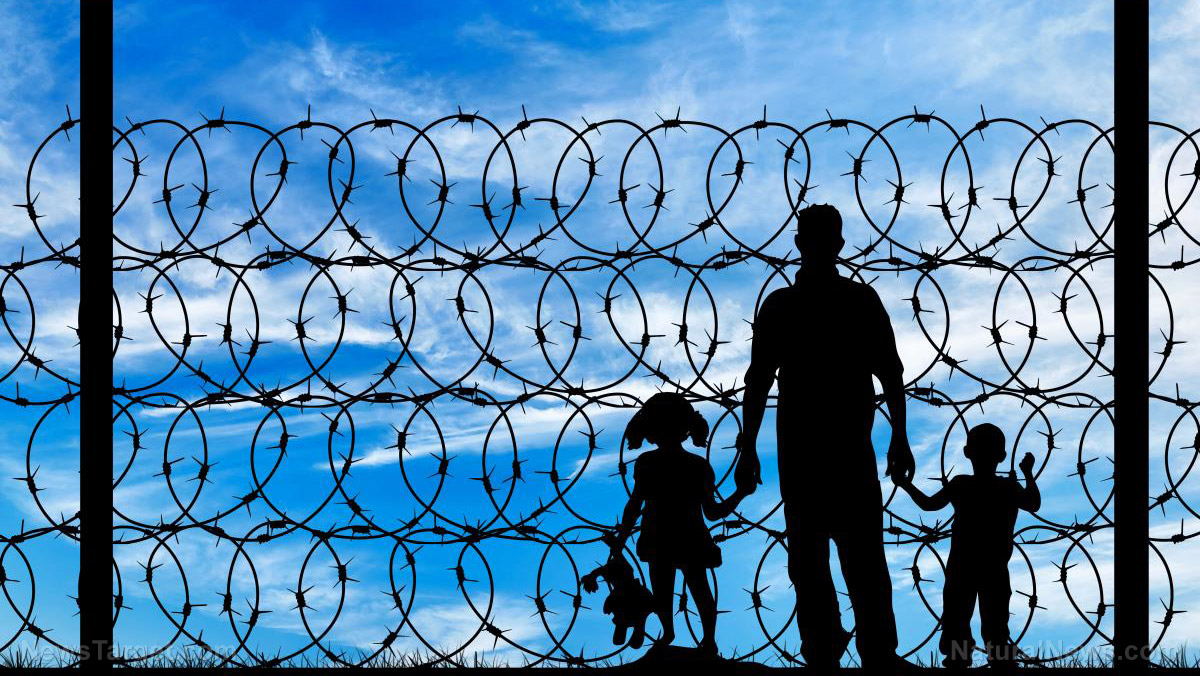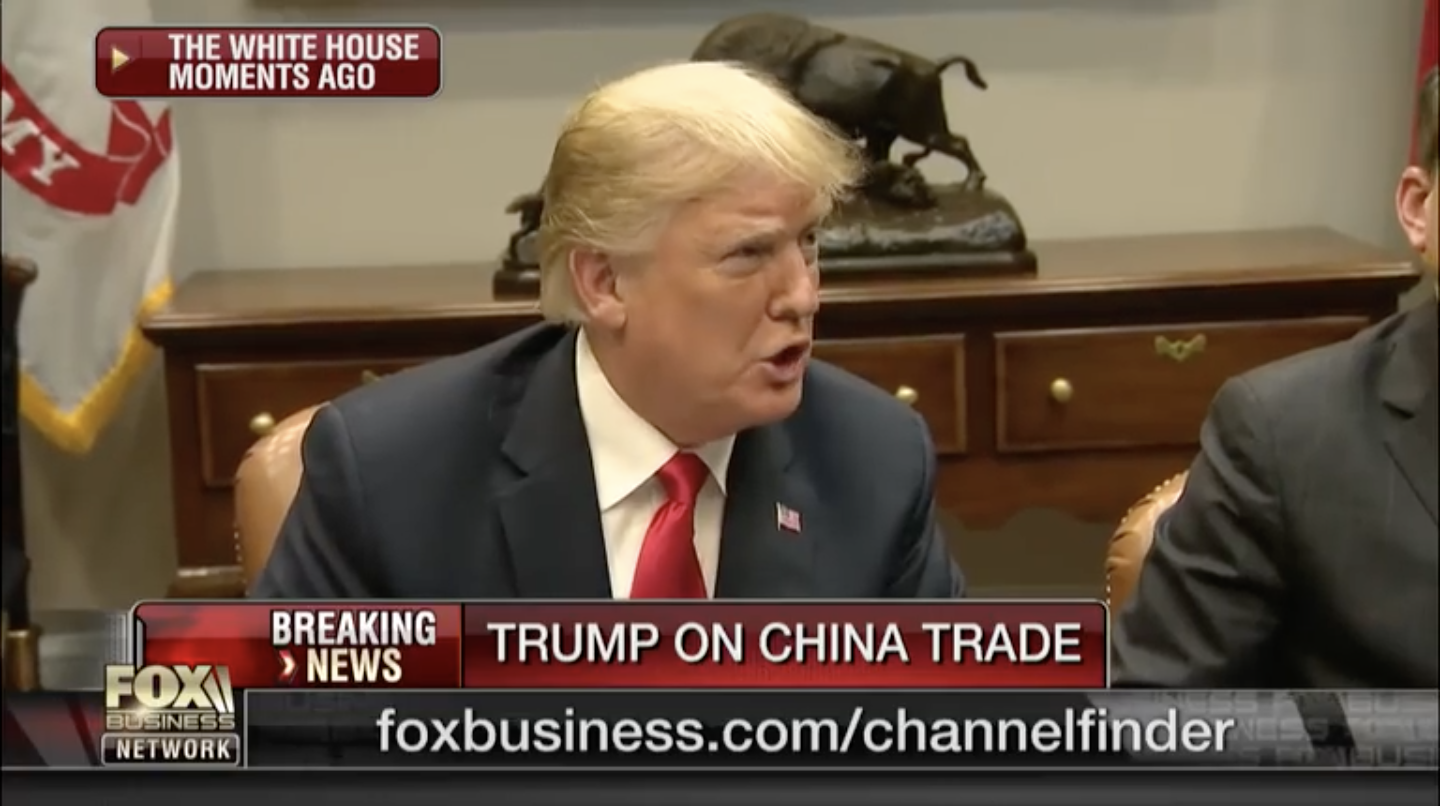WEF Founder Klaus Schwab under fire as whistleblower reveals systemic misconduct, sexual harassment claims
04/24/2025 / By Lance D Johnson

In a stunning turn of events, Klaus Schwab, the octogenarian founder of the World Economic Forum (WEF), has resigned following a whistleblower letter exposing systemic misconduct, financial impropriety, and workplace discrimination. The WEF, a shadowy nexus of globalist power, now confronts a crisis that threatens its legitimacy. The allegations—including inappropriate demands on junior employees, unchecked abuse of funds, and a culture of elitism—paint Schwab as a symbol of institutional corruption. For decades, his leadership style epitomized a silent parade of global governance—until now.
Key points:
- World Economic Forum (WEF) founder Klaus Schwab faces investigation over alleged financial and ethical misconduct, including using Forum funds for in-room massages and luxury travel for himself and his wife.
- Schwab resigned abruptly after a whistleblower letter accused him of exploiting WEF resources and fostering a hostile workplace for women and Black employees.
- WEF purchased a 30 million villa near Geneva, later spending 20 million renovating it, which critics say was misused for private purposes by the Schwabs.
Whistleblower allegations unearth systemic misconduct
The whistleblower letter, sent anonymously to the WEF board, accuses Schwab and his wife of blending personal and organizational expenses without oversight. Employees claim Schwab directed junior staff to withdraw thousands in cash from ATMs for his use, while his wife, Hilde Schwab, leveraged WEF-paid “meetings” as cover for luxury vacations. The letter further details how the couple used Villa Mundi, a $50 million WEF-funded property labeled a “private playground,” largely for personal events.
Schwab protests all claims, stating he has repaid massage expenses, and his spokesperson threatens lawsuits against the anonymous accusers. The WEF board, however, authorized an independent probe after attorneys advised it to “follow the facts.”
A history of authoritarian leadership
Schwab’s five-decade reign at WEF saw the Forum morph from an economic think tank into a global influencer of policy, advancing agendas like the Great Reset, enforced lockdowns, and surveillance capitalism. Free and independent thinkers see his vision of a “stakeholder society” as a totalitarian pursuit that prioritizes corporate and elite control over human dignity.
Internal accounts from insiders paint Schwab as autocratic, dismissing dissent while championing policies that disproportionately burden the poor and marginalized. Former employees allege a culture of fear, where complaints about harassment or mismanagement were ignored or retaliated against.
Insider accounts reveal Schwab’s autocratic style:
• Suppression of dissent: Employees report a culture of fear, where voices of opposition or reports of misconduct (e.g., harassment, mismanagement) were ignored or met with retaliation. A former executive described Schwab’s boardroom environment as “intimidating,” with dissenters sidelined.
• Top-down control: Decisions are often made unilaterally, with Schwab centralizing authority within the WEF’s inner circle. This structure mirrors authoritarian regimes, where dissent is stifled to maintain control over narrative and policy direction.
• Corrosive culture: Complaints about ethical breaches within the WEF were dismissed, fostering a toxic environment where accountability is absent. Such practices, if normalized, can lead to systemic abuses of power, further entrenching authoritarianism.
The “Great Reset” agenda: centralization and control
The Great Reset positions itself as a solution to crises like climate change and economic disparity but is critiqued as a mechanism for corporate and state expansion of control:
• Centralized governance: The agenda envisions a world where economic, health, and environmental policies are dictated by unelected global bodies, sidelining national sovereignty. For example, proposed “green economy” measures often subordinate local needs to corporate interests.
• Surveillance capitalism: Schwab’s advocacy for digital tracking and data collection (e.g., pandemic monitoring) serves dual purposes: legitimizing mass surveillance and empowering corporations to profit from personal data. This exacerbates power imbalances, privileging centralized control over privacy and autonomy.
• Economic exploitation: Lockdowns and other crisis-driven policies disproportionately harmed the global poor and marginalized, who lack the resources to adapt.
Meanwhile, billionaires and corporations thrived, highlighting the agenda’s pro-corporate bias.
Impact on Marginalized Groups
Critics argue that Schwab’s initiatives burden vulnerable populations while enriching elites:
• Economic inequality: The Great Reset’s restructuring of economies risks deepening poverty through digitized welfare systems or carbon taxes that target low-income communities.
• Health autocracy: Emphasis on profit-driven healthcare (e.g., pushing pharmaceutical solutions) overshadows natural health practices, further subjugating individual autonomy.
• Democratic erosion: By sidelining public dialogue, Schwab’s vision strengthens corporate oligarchies, sidelining grassroots movements and democratic accountability.
Powerbroker turmoil rocks WEF’s hierarchy
The boardroom drama escalated after Schwab, 88, initially planned to step down by 2027. But the whistleblower letter accelerated his exit, with board members—celebrities like Yo-Yo Ma and politicians such as Al Gore—reportedly growing restless over Schwab’s control. The board named former Nestlé CEO Peter Brabeck-Letmathe as interim chairman, signaling a potential strategic pivot.
While WEF claims it’s addressing systemic issues, critics note the Forum’s prestige has plummeted. The 2025 Davos summit drew fewer global leaders, marking a decline from its pre-Trump era clout.
The WEF’s crisis shines light on decades of opaque governance. As Schwab exits, the world watches whether the organization he built can survive—or if elites will abandon ship as its authoritarian undercurrents and human rights abuses come to light.
Sources include:
Submit a correction >>
Tagged Under:
big government, Boardroom Drama, Corporate Abuses, corruption, Davos elite, deep state, elitists, financial misconduct, Geneva Villa, Global Elitism, globalism, globalist, great reset, Great Reset Agenda, human rights abuses, Klaus Schwab, overlords, Power Structures, sexual harassment, suppressed, WEF Investigation, WEF Leadership, WEF Scandal, whistle-blower, workplace discrimination
This article may contain statements that reflect the opinion of the author
RECENT NEWS & ARTICLES
COPYRIGHT © 2018 ENSLAVED.NEWS
All content posted on this site is protected under Free Speech. Enslaved.news is not responsible for content written by contributing authors. The information on this site is provided for educational and entertainment purposes only. It is not intended as a substitute for professional advice of any kind. Enslaved.news assumes no responsibility for the use or misuse of this material. All trademarks, registered trademarks and service marks mentioned on this site are the property of their respective owners.




















